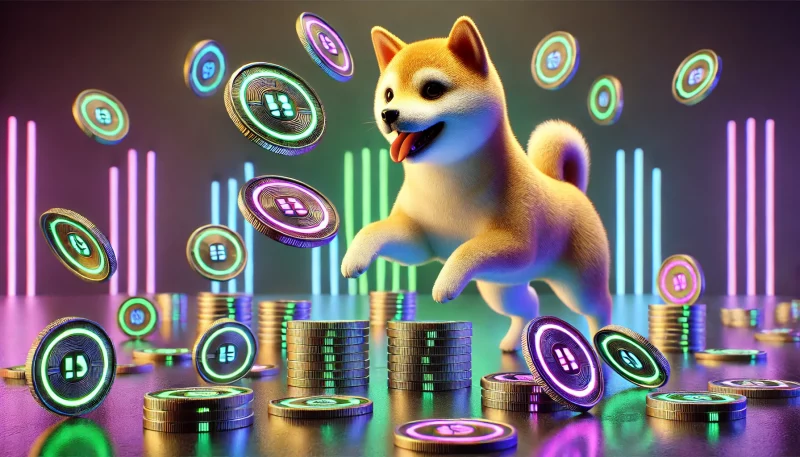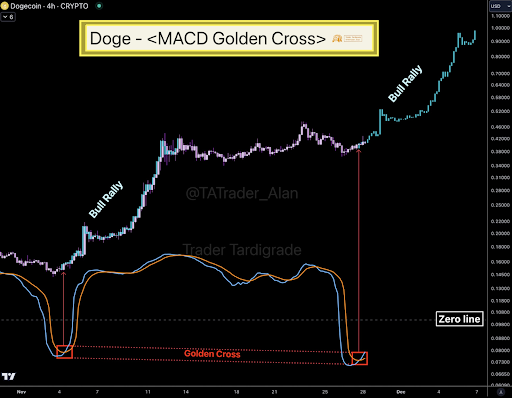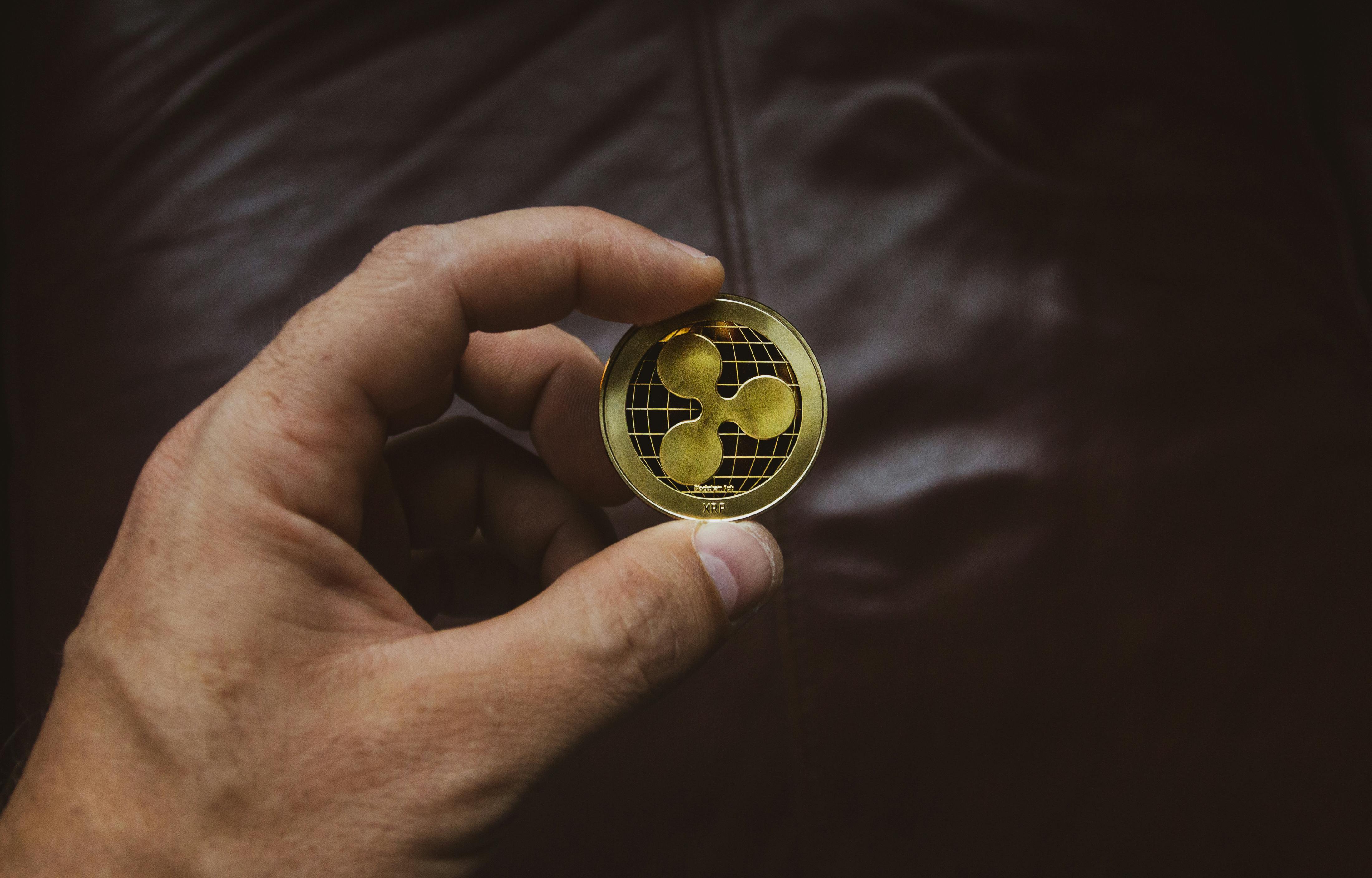ARTICLE AD
Neiro memecoin variants spark identity debate as trading booms.

Key Takeaways
Solana's DEX trading volume surpassed $2 billion due to Neiro memecoin trading. Multiple Neiro variants have emerged, leading to debates over the authentic version. <?xml encoding="UTF-8"?>Solana’s decentralized exchanges (DEXs) are stealing the spotlight, with trading volumes that would make even Ethereum blush. What’s behind this sudden surge? It’s all about the dogs – or one particular Shiba Inu, to be precise.
Solana’s DEX trading volume hit a whopping $2 billion in the last 24 hours, according to DefiLlama data. That’s more than Ethereum, its army of layer 2 networks, and BNB Chain combined – a first for Solana.
The catalyst for this trading frenzy? A new memecoin called Neiro that has degen hounds salivating. Neiro is yet another dog-themed token, following in the pawprints of Dogecoin. But there’s a twist – the Shiba Inu behind this meme is apparently owned by the same person who owns the dog that inspired Dogecoin.
As with any viral meme in the crypto world, Neiro’s popularity spawned a litter of copycat tokens on Solana. The trading volume for these Neiro-inspired coins has surpassed $1 billion, Dexscreener data shows.
But here’s where it gets tricky: which Neiro is the “real” Neiro? There are several tokens trading under that name, with the top dog boasting a market value of $58 million, followed by another worth $13 million.
The debate over authenticity has sparked controversy in the Solana community. Some eagle-eyed investors noticed that one variant’s contract address ends with “pump,” indicating it was created on Pump.fun, a popular Solana memecoin generator. This led some to dismiss the other variant as a copycat, though its supporters have dubbed it “Lab Neiro.”
Is the Neiro meme coin a rug pull?
Adding to the confusion, both tokens are listed on CoinGecko, with Lab Neiro commanding a market size four times larger than the so-called “True Neiro” created on Pump.fun.
The Neiro meme didn’t stop at Solana’s borders. It also made its way to Ethereum, but with a sinister twist. The Ethereum version turned out to be a classic “honeypot” scam – a token that can be bought but not sold, except by its creators. This fraudulent token managed to reach a market value of $50 million before being exposed.
According to recent reports, the original Neiro developer has cashes out $2.85 million in potential rug pull. The Neiro developer turned a modest 3 SOL (about $550) into a 5,169x profit. Blockchain sleuth Lookonchain broke down the developer’s moves in a July 28 X post:
“He sold 68M $Neiro for 15,511 $SOL($2.85M) through multiple wallets, with a realized profit of 15,508 $SOL($2.85M). […] He also sent 10M $Neiro to the dead wallet, leaving 19.5M $Neiro($1.8M), with an unrealized profit of $1.8M!”
For those not versed in crypto lingo, this pattern of behavior – where insiders quietly sell off a large chunk of their tokens and vanish into the night – is what’s known as a “rug pull.”
But while Neiro holders might be feeling the sting, the wider memecoin sector seems to be gearing up for its next moment in the spotlight. Memecoin trader Zack Ventura suggests we might be on the cusp of another bull run for these playful tokens.
“This index is the top memecoins against Bitcoin, tracing back from December 2023. Next leg up memecoin season is loading,” Ventura claimed.
While memecoins don’t always move in lockstep, some are already reaching for the stars. Take Dogwifhat (WIF), for instance. This Solana-based token recently hit a monthly high after a 41% weekly rally, catapulting it into the top 50 cryptocurrencies by market cap.
For Solana, this memecoin mania has propelled its DEX volumes to new heights, showcasing the network’s ability to handle high-volume trading. It also shows the need for caution in a market where a dog meme can become a multimillion-dollar phenomenon overnight.
Disclaimer
 4 months ago
25
4 months ago
25 


